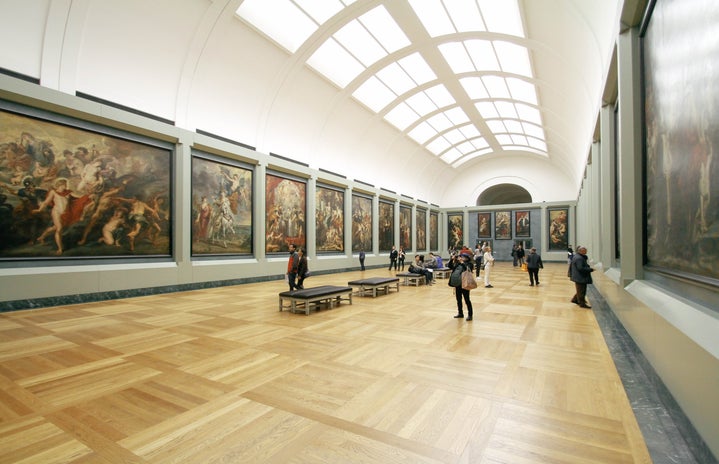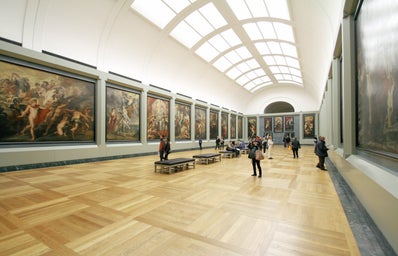While we almost mark the 3rd decade since the last African countries gained their independence from European colonization (Scramble for Africa), the western world still appears to have second thoughts on returning the historically looted artefacts that belong to vast African nations.
This reflects on the recent act by France to return the 26 previously owned artefacts to their righteous people. And if you remember not so long ago did France finally approve the several requests to return the remains of the late Saartjie Baartman to be laid in peace after being displayed in France museum for several decades.
Now the discourses surrounding this act by the France government reveal different perspectives, coming from within and outside of Africa. And the discussion that the respectful African people will not be able to preserve and take care of these artefacts is the most problematic conception and covertly defends other western countries that have not yet returned African artefacts such as England.
Therefore, the major discourse that should be brought upfront is how other African artefacts could be returned where they rightfully belong. I am referring to the bronze sculptures of the Kingdom of Benin that were looted by the French colony in 1892, the ritual Congolese artefacts that were looted by Belgium and many more. Returning these artefacts will not only bring them back to their contextualization but also back to their respectful and ritual significance. As they will bring the missing link to their historical narrative.
Moreover, this is why it is relevant for all African artefacts that are still possessed by outside countries, ranging from Egyptian caskets to Zimbabwean ancient masks, to be returned to their origins to create better historical narratives that are not western opinionated. This is a significant notion because it will not only change how African stories are narrated in Hollywood films but also how western education is constructed when we, as Africans, get to tell our own stories to the world.


